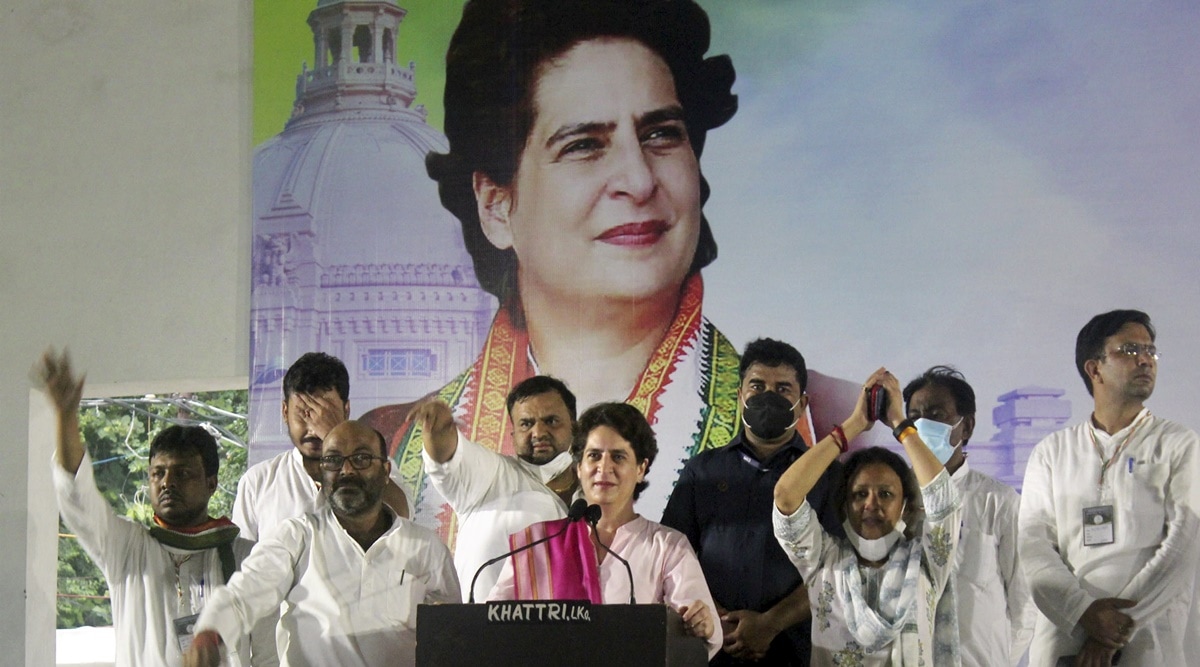
Robinhood will start providing its inventory on Wall Road Thursday, the very place the web brokerage has rattled with its acknowledged objective of democratizing finance.
By means of its app, Robinhood has launched thousands and thousands to investing and reshaped the brokerage business, all whereas racking up an extended record of controversies in lower than eight years.
Robinhood Markets and three of its executives are promoting as much as 60.5 million shares of its inventory in an preliminary public providing, with buying and selling anticipated to start on the Nasdaq beneath the ticker image “HOOD.”
It was priced late Wednesday at $38 a share, the low finish of its anticipated vary of $38 to $42, indicating tepid investor curiosity.
Nonetheless, it is an enormous second for the fast-growing firm based mostly in Menlo Park, California, which is reserving most of the shares for its personal prospects, relatively than simply large skilled traders. Can Robinhood persuade them to embrace its inventory, simply because it helped a technology of traders tackle buying and selling shares, choices and cryptocurrencies?
Right here are some things to bear in mind forward of what is one of the anticipated IPOs on Wall Road this yr:
If it is free, how do they earn a living?
Robinhood’s income soared 245 per cent final yr to $959 million US. It then hit $522 million within the first three months of 2021 alone, greater than quadrupling from the year-ago degree.
Robinhood does not cost buying and selling commissions or require prospects to hold large balances — one purpose why it is so common. It makes the majority of its cash — 81 per cent of income within the first quarter— by funneling traders’ orders to large buying and selling companies, equivalent to Citadel Securities, which take the opposite facet of the commerce. Additionally they give a cost to Robinhood.
The observe, referred to as “cost for order movement,” has drawn criticism from lawmakers and regulators. The pinnacle of the Securities and Change Fee has questioned whether or not it prevents traders from getting the most effective worth attainable for his or her trades and whether or not it impels brokerages to encourage prospects to commerce extra regularly than they need to.
However authorized specialists say tighter regulation could also be troublesome to result in. Brokerages have to earn a living by some means, and if Robinhood cannot get it from cost for order movement, it might return to charging buying and selling commissions, mentioned Joshua Mitts, a regulation professor at Columbia College. That might make politicians even much less common than they already are.
“I believe traders in some ways are pricing that in,” Mitts mentioned, “and there is a fairly good sense that Robinhood goes to be OK.”
What if buying and selling slows down?
Even when cost for order movement sticks round, Robinhood’s dependence on the observe may very well be a problem. Throughout regular instances, Robinhood could get about 75 per cent of its cash from transaction-based income, roughly triple what some opponents get, mentioned Tom Mason, senior analysis analyst at S&P International Market Intelligence.
Robinhood earns a mean of two.5 cents for each $100 traded. That it means it stands to lose if customers begin buying and selling loads fewer $100 blocks on its app.
Robinhood says its income might fall within the July-September quarter when in comparison with the April-June interval, when income rose an estimated 124 per cent to 135 per cent. Apart from seasonality points, Robinhood mentioned it expects to see decreased ranges of buying and selling exercise, notably in cryptocurrencies, which accounted for 17 per cent of income within the first three months of the yr. Costs of Bitcoin and different cryptocurrencies have been typically falling since peaking in April.
Amongst different dangers, Robinhood’s prospects might spend much less time on the app if a fading pandemic means they will go on with their lives and do different issues with cash.
Robinhood additionally hasn’t all the time stored prospects glad: Its platform has had some high-profile outages, and early this yr it quickly barred traders from making trades in GameStop, when manic actions in its inventory have been the speak of the market. Which will have performed a task within the roughly 600,000 prospects that emptied their accounts in the course of the first three months of the yr. The corporate has 18 million funded accounts.
Counterbalancing all which may be the sturdy model Robinhood has created, which has allowed the corporate to draw new prospects with out spending a lot on advertising. And Robinhood’s benefit over opponents is an intense concentrate on prospects, which pushes it to roll out in-demand merchandise in a short time, mentioned S&P’s Mason.
What occurs your prospects develop into your traders?
Robinhood is taking the bizarre step of permitting customers of its buying and selling app to purchase as much as 35 per cent of its IPO shares earlier than they start buying and selling. That is the most important portion by far of pre-IPO shares to be designated for retail traders in an underwritten providing, says Matt Kennedy, senior IPO market strategist at Renaissance Capital.
Sometimes, solely institutional traders and firm insiders should purchase shares in firms earlier than they go public, and abnormal traders miss out on any first day pop. Between 2001 and 2020 the typical U.S. IPO returned 14.5 per cent from the supply worth on day one, based on Renaissance Capital. The return this yr is an even-better 25 per cent when taking a look at IPOs that increase not less than $100 million.
The most important threat, Kennedy says, is that retail traders are extra probably than institutional merchants to flip their shares for a fast revenue, elevating the opportunity of elevated volatility on the primary day of buying and selling. For its half, Robinhood has warned that customers who promote IPO shares inside 30 days of the IPO will likely be restricted from shopping for shares in IPOs on Robinhood’s platform for 60 days.









